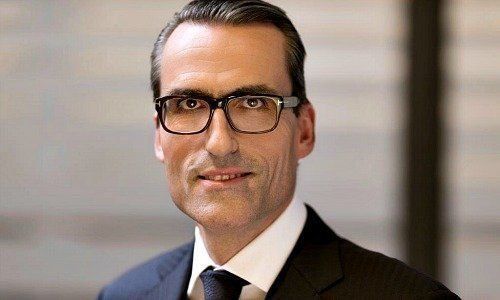The move is a stark reversal of the shareholder value maxim which has reigned over business for decades – and poses interesting questions for UBS as a publicly-listed company.
«Zillions on Useless Projects»
Stadler envisages a network of sorts in which billionaires not only among UBS’ clientele but those of other private banks getting smarter about giving their money away.
«They don't network and they don't check Google whether anybody else in, say, Sao Paulo has done the same project before and failed and why,» Stadler said. «They spend zillions on useless projects and so what happens is a massive waste of financial resources.»
Big Egos, Dispersed Effect
While some philanthropists, notably a foundation funded by Bill and Melinda Gates, have successfully partnered in niches, many are still shy of doing the «dirty work,» on the ground, he noted.
«Everybody's helping. You have these big egos and everybody wants to have their names on this project,» Stadler said. The result is a fragmented, ill-coordinated approach: 500 holes in the ground instead of one tunnel equipped with power and other infrastructure – to use a Swiss example.
This doesn’t come as a surprise in the wealth management industry, which has sought business from the ultra-rich business by increasingly customizing its business. To now entice billionaires away from a tailor-made approach and into collaborating with their peers – other ultra-rich people and families – is a challenge.
IPO for Gates Foundation?
The goal isn’t narrowing the wealth gap exactly, but finding an entrepreneurial way to plug the estimated $7 trillion annual funding gap to meeting an ambitious 2030 plan. Laid out by U.N. members four years ago, it tackles issues including climate change, education, and sanitation and water.
«One client had an idea and said ‘Why is Bill Gates not IPO’ing his foundation?’,» Stadler said – meaning create a public fund that everybody can buy shares in. «We have to find mechanisms, to avail those companies to public investors. That's a big step forward.»
The radical suggestion raises questions over the role of UBS as a steward for the wealthy vs its obligation to its investors. The wealth manager’s philanthropic assets are modest so far – it aims to reach $100 million by next year, of a total $2.1 trillion it manages on behalf of wealthy clients.
- << Back
- Page 2 of 2




































